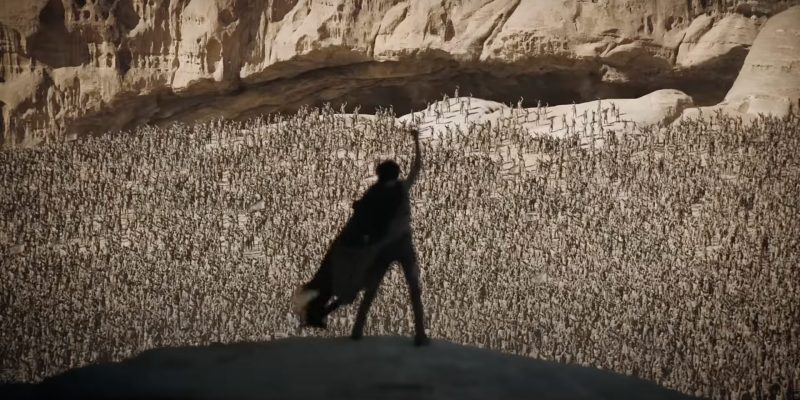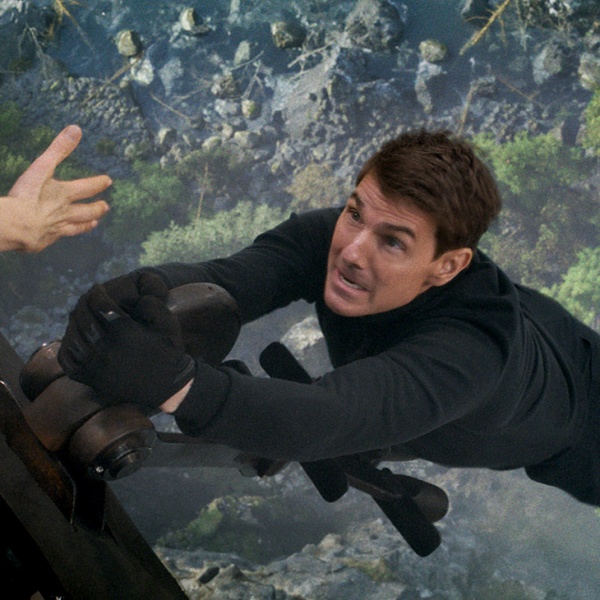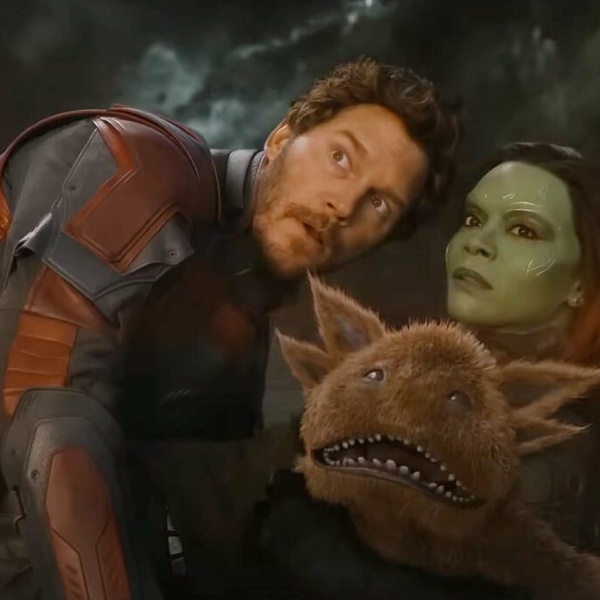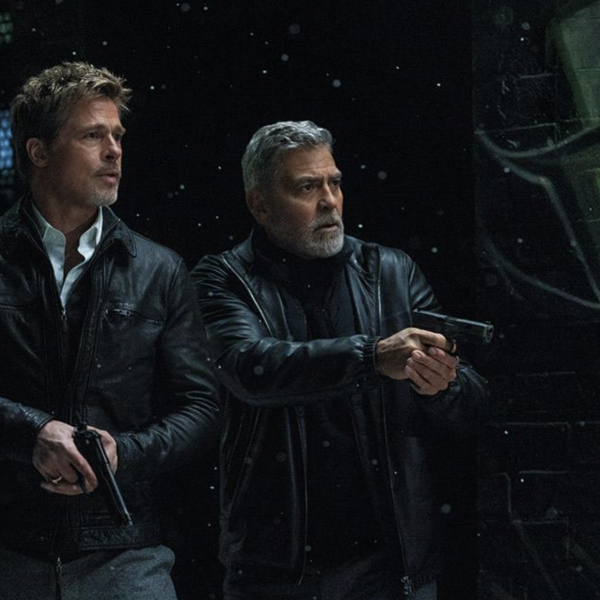With the SAG-AFTRA strike settled, the six-month, multi-guild Hollywood labor disruption has finally ended, but the theatrical damage has only begun to surface.
Reviewing the films delayed until next year, a rough estimate suggests that the stoppage cost theaters around $400 million- $600 million in gross — more, when including lost concession revenue. “Barbie,” “Oppenheimer,” “Sound of Freedom,” and “Taylor Swift: The Eras Tours” kept the damage from being worse.
Immediately following the SAG-AFTRA settlement, Disney announced wholesale delays in its upcoming release schedule. Their revived plans includes only one Marvel title for 2024 (“Deadpool 3,” moved to July 26 from May 3), down from the customary three per year from MCU. Disney was among the first studios to announce delays, with Sony already out Wednesday evening with word the third “Venom” film would move from July to November.
The good news for theaters is despite it all, 2023 should still reach the $9 billion in domestic gross hoped for this year. However, any hopes that 2024 might return to 2019 box-office parity are dashed. Grosses from rescheduled titles will help, but production delays will leave substantial gaps.
Even so: It could have been worse.

“Dune: Part 2” (Warner Bros.) and “Kraven the Hunter” and “Ghostbusters: Frozen Empire” (Sony) will cost this year’s total the most — perhaps $400 million (“Ghostbusters” would have had only 12 days of 2023 play). Figure other films, mostly limited/specialized entries like Luca Guadagnino’s “Challengers” and Jeff Nichols “The Bikeriders” (Disney),Ethan Coen’s “Drive Away Dolls” (Focus), and “The Book of Clarence” (Sony) could have contributed $100 million or more while riding the awards wave.
The biggest unknown is how much the lack of promotion hurt the films released during the strikes. By the time the SAG-AFTRA strike began July 11, most of the summer’s top titles had already been released or were about to be, which meant their promotional pushes were all but complete. Some, like DC Comics’ “Blue Beetle” (WB) and “The Equalizer 3” (Sony), may have suffered more. Would promotion for all strike-period releases have total $100 million? Maybe.
Theaters were fortunate that both “Barbie” and “Oppenheimer” already had enormous publicity before actors struck, and both had major, Oscar-nominated directors to carry the ball. Their $950 million combined domestic gross more than doubled expectations. Add the mid-summer sleeper success of “Sound of Freedom” and July and August both were strong months.
A wild card, unknown when the strike began, was Taylor Swift’s concert film. It certainly filled an October void that existed before the strike and its SAG-AFTRA waver meant she could promote it. The outside-studio success of “Sound of Freedom” and “The Eras Tour” were not only welcome for their grosses, but also because they show it’s possible to find releases outside the studios.






